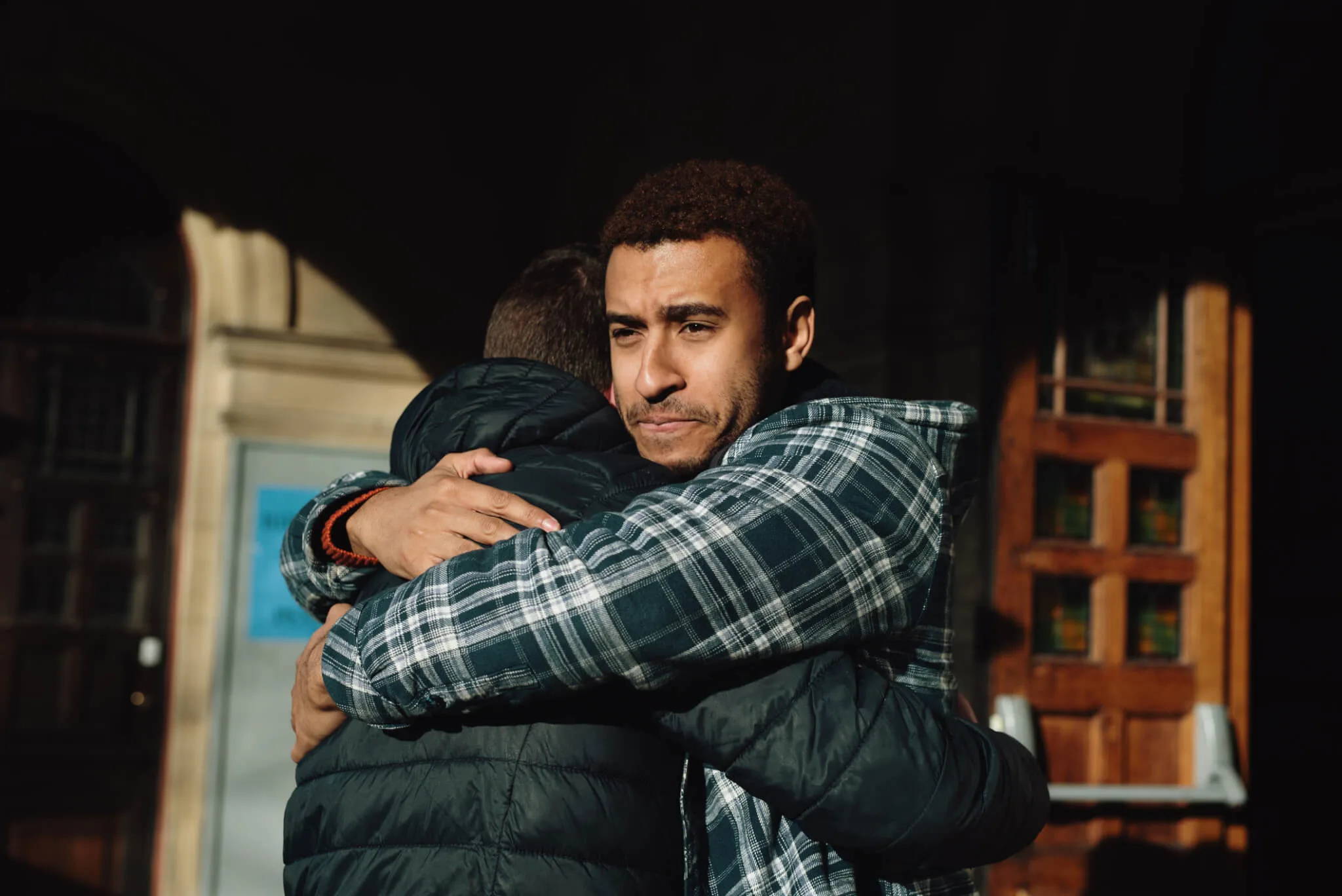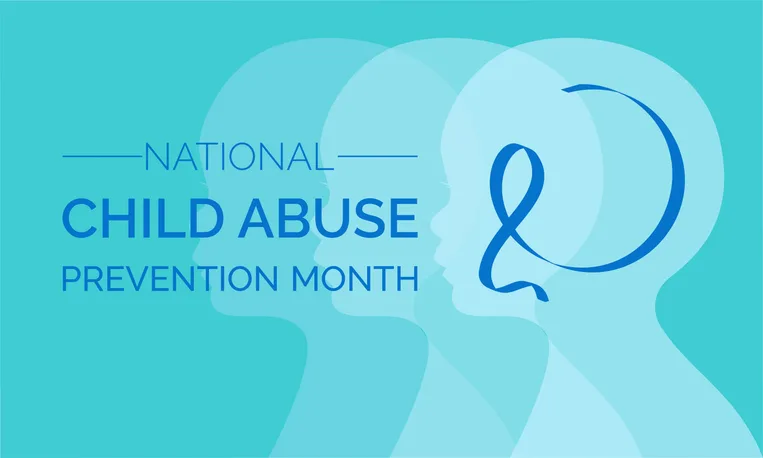
In a CDC survey, Latino respondents reported more symptoms of depressive disorder, suicidal thoughts, and anxiety than any other ethnic group.
Prioritizing self-care has been a challenge for Arlina García, a high school teacher in Houston, Texas. As her district takes on hybrid learning—where some students attend class in person while others join virtually from home—García said her stress has increased and she is feeling overworked.
“We started off virtual for the school year and that was definitely stressful but I feel like moving to hybrid has been the toughest phase so far,” García told The Americano, and added that she fears getting the virus.
RELATED: ‘It’s Scary’: Six Latinas on Coping With COVID-19 Stress
With the increased demand on teachers, García, 26, said caring for her mental health has taken a back seat, and she has been unable to regularly meet with her therapist, who she began seeing in 2017 to help cope with stress.
Rosa Muñoz, a 25-year-old college counselor in Austin, Texas, said she recently started seeing a therapist again after feeling more anxious and isolated as a result of the pandemic. Like García, Muñoz said she has struggled with finding time for herself and managing her workload.
“I’ve had a hard time disconnecting work from my personal life since I have to work from home,” Muñoz told The Americano. “It’s heightened my anxiety a lot. How do we support our students if we can’t even take care of ourselves?”
As the COVID-19 pandemic drags on in the United States with no real end in sight, the impact on the mental health of many Americans continues to worsen. This is especially true for Latinos, who are already disproportionately affected by the virus itself, experts say.
RELATED: Over 500 Teachers in Central Florida Quit Because of COVID-19
In an August survey by the Centers for Disease Control and Prevention, Latino respondents reported more symptoms of depressive disorder, suicidal thoughts, and anxiety than any other ethnic group. Approximately 18.6% of the Latino respondents said they had “seriously considered suicide in the past 30 days.”
Jessenia García, an assistant professor of counseling at Texas Woman’s University and counselor at Grace Counseling Center in Lewisville, Texas, said Latinos largely make up groups of essential workers and are therefore disproportionately impacted by the mental stress of the pandemic.
“They tend to be people in service industries and so they are impacted more in that way,” Jessenia García told The Americano. “They’re exposed more [to the virus] which causes more anxiety.”
The counselor added that many Latinos have been laid off and face increased financial stress, which can get in the way of prioritizing mental health and taking care of basic needs. She said she has had to do biweekly appointments for some clients to accommodate their financial needs.
“Financial stress is really tied to cultural values of really being able to provide and be hard-working,” she said. “When you take that opportunity away, you can really feel helpless. Even if you want to work, there’s not that many options. A lot of that can lead to depression and anxiety.”
RELATED: Black, Latino Children Are Dying of COVID at Higher Rates. These Doctors Say Medicaid Expansion Can Help.
The 2020 election could be a huge stressor for mixed-status families, Jessenia García said.
“On top of fear of working through a pandemic and trying to ensure they have enough food on the table for their families, there’s just a lot of fear-based agendas going on,” she said.
As the pandemic drags on, Jessenia García said she is concerned for the mental health of people who are isolated, the LGBTQ population, and those who are in abusive homes.
“These individuals are really lacking a lot of support,” she said. “A concern is that as time progresses and people are still working from home or stuck at home or just don’t have many options is that depression will increase. Suicide ideation also increases with isolation.”
Latinos are already underserved when it comes to mental health, which Jessenia García said could be due to the inability to afford mental health care, limited access to resources, as well as a lack of bilingual services. Virtual appointments may feel impersonal to Latinos, she said. Cultural barriers also play a role.
“There’s also a lot of stigma within the Latinx community about mental health,” Jessenia García said.
“Things like mental health or therapy are ‘para los locos’ or you have to be on the extreme side to need some help,” Jessenia García said. “Or even the saying ‘la ropa sucia se lava en casa,’ the idea that we don’t share secrets outside of the home.”
Part of her role, Jessenia García said, is providing education on what counseling really is and spreading the word about resources to help Latinos. With her clients, she has realized how difficult these times have been for everyone. But she’s helping them focus on what they can control.
“A lot of it is, first of all, making sure they have their basic needs met, where we can connect them for utility assistance, food assistance,” she said. “Then just providing a safe space to talk about these things.”
Jessenia García advises Latinos to use their resources, whether that is seeking help from a counselor or leaning on friends and family. She said being more creative in connecting with others, such as sending mail, using virtual platforms, calling, or texting others can help.
“Latinos are very resilient and one of their strengths is the connection that we build with one another,” she said. “Don’t be afraid to share your feelings… admit that you need help. Because we’re so relationship centered, we can feel very isolated and it can be tough in that aspect too.”
RELATED: How South Floridians Are De-Stressing During ‘Craziest Election Cycle Ever’
Muñoz said seeing her therapist again has helped, even though it’s only virtual.
“It’s kind of like catching up with a friend. It’s crazy that even through a screen, she’s still able to pinpoint things about me and help me cope with my anxiety and depression,” she said. “It doesn’t feel as personal as it used to, but I’m trying my best to work with what we can do.”
Muñoz has also held outdoor, socially distanced hangouts with a small group of friends to feel less alone. Her advice to others who are struggling with isolation:
“Know that you’re not alone,” she said. “ It’s easier said than done but we are all going through this together. It’s ok to feel the way you’re feeling because no one knows when this is going to be over. Don’t keep things bottled up inside and if you have a friend at least talk to that one friend.”
Arlina García said though she hasn’t been able to see her therapist as frequently, her virtual appointments have also helped.
“Even just having someone to vent to is good because you don’t want to unload that stress on partners or friends all the time,” she said, adding making time for herself to take a break from the news cycle, escapism like binge-watching Netflix, and connecting with friends has also helped.
For essential workers, and those working in schools like Arlina García and Muñoz, Jessenia García said to practice self-compassion.
“Understand that we are not in normal times,” she said. “Don’t expect yourself to be 100% every day. Make sure you’re pouring into your own cup because otherwise you’re unable to be helpful to others. Take care of yourself so you can turn that around to others.”
Politics

6 terrifying things that could happen if the Comstock Act is used to target abortion
Does 1873 sound like a really, really long time ago? Well, that’s because it is—but if Republicans and far-right anti-abortion activists have their...

He said what? 10 things to know about RFK Jr.
The Kennedy family has long been considered “Democratic royalty.” But Robert F. Kennedy, Jr.—son of Robert F. Kennedy, who was assassinated while...
Local News

Opinion: Strategies for Child Abuse Prevention
11 ways you can be an ally in the fight against child abuse. April is Child Abuse Prevention Month. In the United States, it is estimated that a...

Biden marks Earth Day by announcing $7 billion in solar grants
The Biden administration on Monday announced the recipients of its Solar For All Program, a $7 billion climate program that aims to lower energy...




